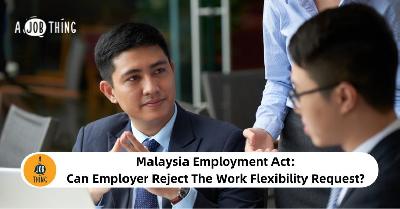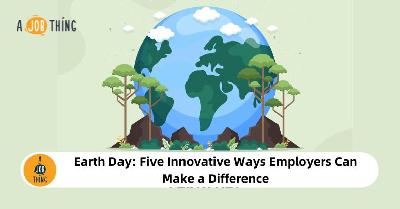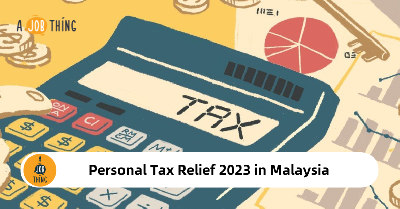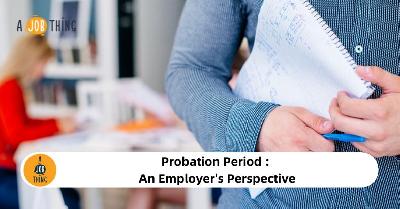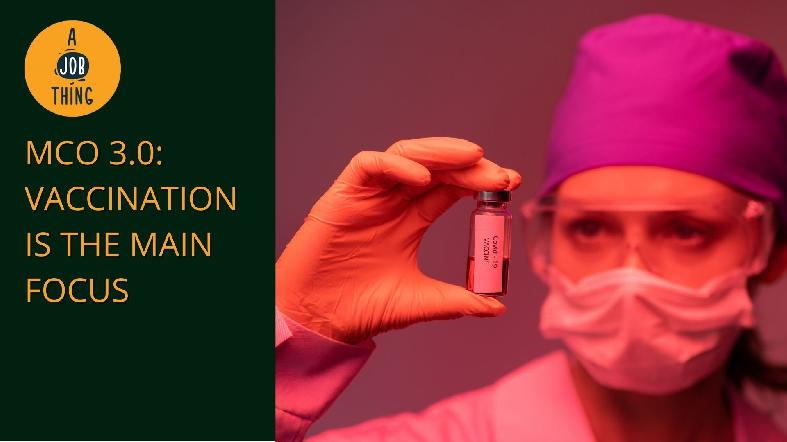
MCO 3.0: Strategy Regarding Vaccination and Post-COVID-19 Workplace
Create Job Description Using AI
Write appealing job descriptions for any job opening to attract the most qualifield and suitable candidates. FOR FREE.
try now
It's not easy to comprehend how much businesses have transformed in just one year. The pandemic brought so many challenges, but it also served as a litmus test for companies to respond to emergencies.
Technology played a crucial role in facilitating the transformation process across all sectors while remote work became the new normal.
Now, the primary focus for everyone is the vaccine. For many, the vaccine symbolises hope and a return to normal, though some are more conservative in their views.
In the end, everyone wants the same thing: to protect their well-being and return to normalcy before the pandemic. But is it still possible?
Used to the new normal
Many workers are used to working from home. They see the benefits and how it fits in nicely with their lifestyle, so they may be reluctant to return to a full-time desk job.
This sentiment is verified in numerous studies, such as the UOB Asean Consumer Sentiment Study that found nine in 10 Malaysian workers expect flexible working arrangements to continue after the pandemic.
Likewise, Microsoft's Work Trend Index, titled "The Next Great Disruption is Hybrid Work – Are We Ready?" also discovered that 77% of Malaysian workers want flexible remote work options to continue.
Though the exact statistics may vary, the conclusion is clear: Most Malaysians want flexible work options to stay. It is especially true as more Gen Z workers join the workforce, bringing a different mindset and expectation about work. Employers today must respond to them if they want to cultivate Gen Z employees' potential and retain them as valued employees within their organisation.
.jpg)
Most of the new generation employees prefer flexible work arrangement.
To vaccinate or not to vaccinate?
These data make even more sense when it comes to vaccination. The vaccine's arrival in Malaysia recently has played a significant role in raising the country's morale, increasing investor optimism in the economy as a whole.
Though most will likely get the vaccine as soon as it is available, some may choose not to get it. What does this mean for organisations?
It means that organisations will now need to prepare to navigate through uncharted territories and strategise on managing a workforce that contains a mix of vaccinated and unvaccinated workers.
Leaders, especially those that work closely with human resources, should step in to find an approach that best fits the employees, the company and the industry within which it operates.
Here are some points to consider:
1. Learn from other companies
Look at what other companies within the industry are already doing. Weigh their approach against what would work for your company. It will give you a quick insight into what does or does not work well for an organisation and serves as a good starting point.
2.Listen to your employees
What's more important is to take feedback from employees. Leaders must listen to their employees and understand their needs before mapping out any roadmap. It is especially crucial when it comes to vaccination as communication will be vital.
Organisations will need to keep track of vaccination progress and supporting those who are reluctant or unable to get vaccinated.
3. Consult with experts
Most companies do not have medical experts on board to explain the complexities of vaccines. Organisations would benefit from working together with experts from the medical field to create awareness about vaccines and convince those undecided.
Every company will need to tailor their approach according to what works best for them and their staff. Though the employees' health should remain a priority, organisations should still strive to create workplace policies that consider the needs of both vaccinated and unvaccinated employees.
We are entering a new phase. Vaccines will have a significant impact on all organisations moving forward. It is up to businesses and their leaders to determine the way ahead and begin planning the future normal of the workplace.
Source: The Sun
Articles that might interest you
You Can Now File Labour Complaints Online via Working for Workers
Human Resources Minister Said Act 446 Was Not Suspended
Do You Need Police Permit When Crossing Districts for Work?


